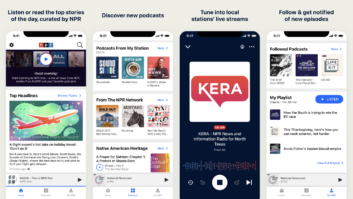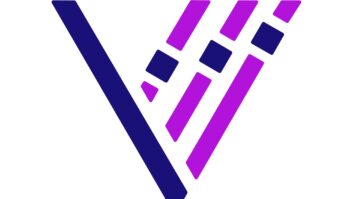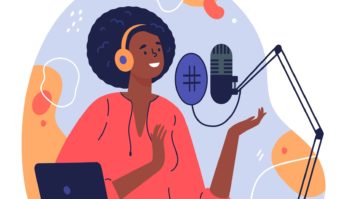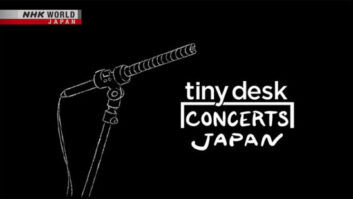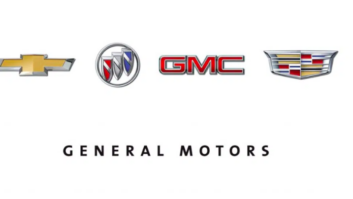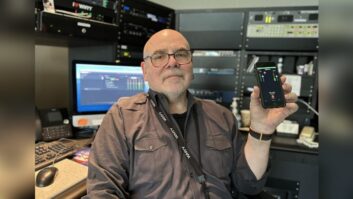Podcasting began over a decade ago, largely as a grassroots, alternative medium. Since then, as has been well documented, it has evolved and recently undergone exponential growth. Sales grew by 48 percent last year, and are expected to continue at 25 percent a year for the next four years at least. More venture capital is also flowing into podcasting.

NPR quickly emerged as a key player in the podcast market. With the success of “Serial,” the network created a podcast assembly line that quickly churned out “Embedded,” “Invisibilia,” “How I Built This” and “Hidden Brain.” It also launched the “Story Lab” as an incubator for creative ideas about spoken word content and storytelling.
What makes NPR’s success with podcasting all the more impressive is that it was achieved with no one person at the helm.
That changed after Thanksgiving 2016, when Neal Carruth stepped into the newly-created position of general manager of podcasting, dividing his time between the New York and Washington offices. His duties include overseeing all six of NPR’s news podcasts, including “The NPR Politics Podcast,” “Pop Culture Happy Hour,” “Code Switch,” “Hidden Brain,” “Embedded” and “Planet Money.”
BONAFIDES
Carruth has spent virtually his entire career at NPR. He started in 1999 as an intern on the Cultural Desk, where he worked with editor Tom Cole and correspondents Brooke Gladstone and Lynn Neary. After that, he worked briefly as a production assistant on Morning Edition.
From 2000 through 2004, he worked on “Weekend Edition Sunday,” booking guests and producing the weekly “Voices in the News” segment. He also worked in the field with former host Liane Hansen.
He joined the NPR’s election unit right before the 2004 presidential elections, where he directed live coverage of the Democratic and Republican conventions, the presidential and vice-presidential debates, as well as NPR’s nine-hour election night special.
Carruth relocated to Los Angeles after the election, where he became a segment and line producer for “Day to Day,” returning briefly to Washington to produce live coverage of the confirmation hearings of Chief Justice John Roberts and Justice Samuel Alito.
In 2006, Carruth moved again, this time to Iraq to join NPR’s Baghdad Bureau. He became part of the team that was awarded the 2007 Alfred I. DuPont/Columbia University Silver Baton award for its coverage of Iraq. Before starting his new position, he was in charge of NPR’s business desk.
THE LAY OF THE LAND
According to Carruth, “The podcasting landscape is only getting more intense. There’s a fierce competition both for audience and talent. I believe the thinking behind the creation of my position at NPR was to preserve and extend our competitive stance. We can’t ever take our position or strength for granted.”

Carruth is charged with strategic planning and charting the long-term goals for NPR’s podcasts, and while he won’t discuss specifics, he does describe the overarching vision: “Our two biggest strengths are great reporting and great storytelling. That is what’s brought us the success we’ve achieved so far. Moving forward, we need to discover new and magical ways to unite these two. I think a lot of our future success will involve amping up the things that we’re already doing.”
Success in any mass medium depends to a large degree on the metrics, and the statistics for podcasting aren’t as robust as, for example, streaming audio. Apple has about a 60-percent share of the podcast downloads, but so far, hasn’t been willing to share much data. What kinds of numbers do podcasters need to be more competitive?
“Podcasting is still a young part of the media industry, and the metrics are evolving. I think commercial and non-commercial podcasters share the same goal, learning as much as possible about both audiences and potential audiences. We can get some sense of what’s going on from the download numbers, and glean a deeper understanding of the listener experience from the NPR One app.”
METRICS, VISUALS AND NPR ONE
By way of example, Carruth said the time spent listening metric from NPR One can be matched with the podcast to learn at what point listeners tuned out, and perhaps gain some sense of why. These generalized lessons may lead to tweaking of content or presentation style, with the hope of achieving higher time spent listening metrics in future podcasts.
The coming of ATSC 3.0 in 2017 will bring video to mobile devices. Will podcasting develop a visual component, and if so, will that come at the expense of some of its intimacy? NPR may be ahead of the curve on that count, according to Carruth.
“We are already using video. Our Tiny Desk Concert Series, which features intimate video performances, recorded live at the desk of ‘All Songs Considered’ host Bob Boilen, has been very successful. We’ve used NPR Live to put our branded video out on Facebook, while maintaining the production values of NPR. I believe that we can have both audio and video experiences that complement, rather than harm each other.”
Critics of commercial radio often point to issues of automated programming, tight playlists and lack of personalities. Some also suggest that as a result, a lot of the creative energy has shifted over to podcasting. Carruth is quick to point out that NPR has an entirely different strategy.
“First off, we don’t put our talent in silos. Our podcast team, for example, also does special events on the radio side. We take the lessons that we learn from on-demand media back to the terrestrial news. And the NPR Live experiment has helped us as well, because the longer format is more conversational. On both sides, we believe that listeners respond well to our talent because they come across like friends that you can relate to.”
The podcasting business has an enormous thirst for good talent. Carruth explains that fulfilling that need involves both active recruiting and keeping the door open.
“We consider pitches for new podcasts originating from both inside and outside of NPR. The NPR Story Lab makes it easier to pitch an idea, with an online hub and submission process.” He adds that aspiring podcasters can go to nprstorylab.submittable.com to download a packet of information and create an online account to enter a proposal.
It is also important to hold on to the talent that NPR already has.
“You’ve always got to be on the offensive. It’s important to keep track of your most talented people, and discover new ways to keep them creatively engaged.”
Scale eventually drives media to global markets. Will small players, local and public media be able to compete in this space?
“It definitely helps to have an institutional affiliation such as NPR, which can lend a lot of branding and marketing muscle. However, it’s still possible for a small player to succeed because the barrier for entry into podcasting is so low. Anyone who wants to publish a podcast, can. It is also good to remember that what type of podcast will become a hit isn’t always predictable, and that a niche program can attract a substantial audience.”
A recent trend in podcasting on the commercial side is sponsored podcasts, where the sponsor essentially commissions a podcast to their specifications. Will NPR be exploring this avenue?
“No,” says Carruth, “we don’t do sponsored podcasts, in the sense of making branded content for sponsors, but we are proud to have many well-known brands sponsoring our work through underwriting.”
Tom Vernon is a longtime contributor to Radio World. Recent articles include a profile of WGBH’s Bob Kempf and a story about KCRW’s VR app for its live music broadcasts.





